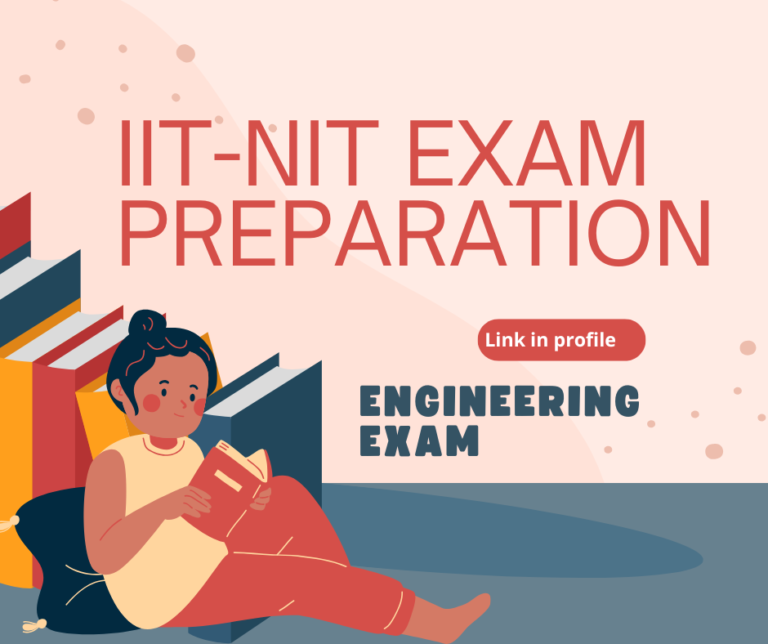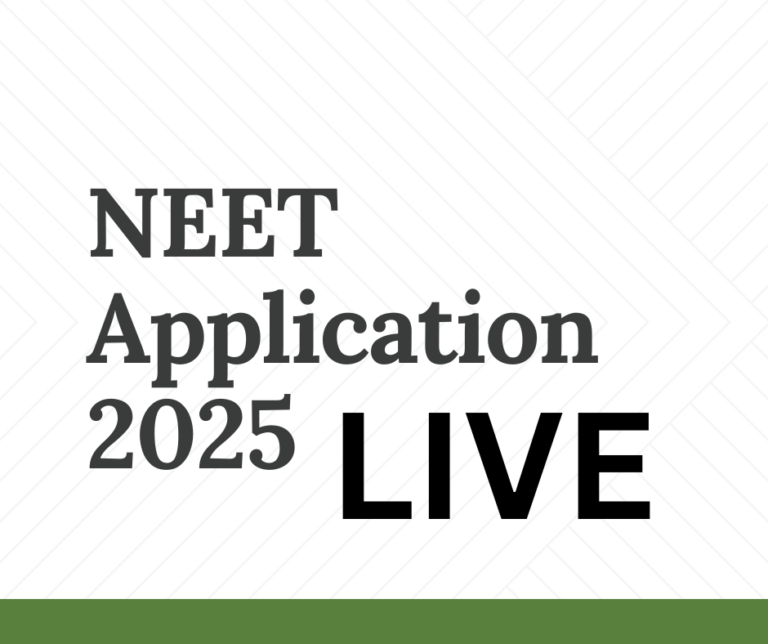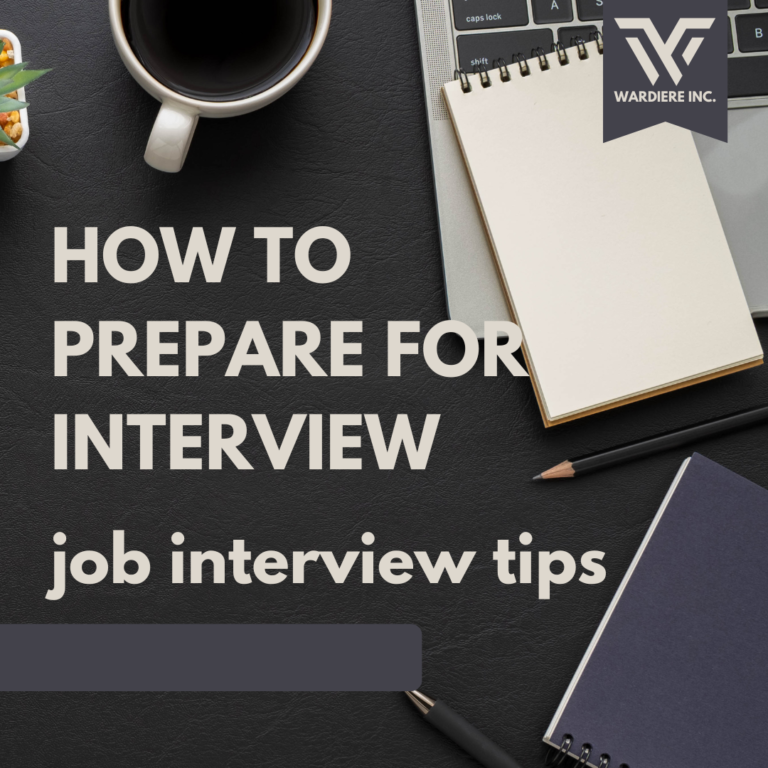Ai Course for Students
AI is changing how we live and work. From smart assistants like Siri and Alexa to advanced robots in factories, artificial intelligence (AI) is all around us. With the rapid growth in AI technologies, understanding the basics can open many doors for students.
The Growing Demand for AI Professionals
The job market for AI roles is booming. According to recent studies, AI job postings have increased by over 74% in the last four years. Industries such as healthcare, finance, and transportation are urgently seeking AI experts. The average salary for an AI specialist often exceeds $100,000 per year. This illustrates that students who pursue AI education can look forward to successful careers.
Unlocking Future Opportunities with AI
AI is a key driver of innovation today. It transforms industries by improving efficiency and creating new products. As you gain AI skills, you not only prepare for exciting job opportunities but also gain the ability to solve real-world problems. Proficiency in AI can lead to significant long-term career benefits, making you a valuable asset in any field.
Choosing the Right AI Foundation Course
Evaluating Course Content and Curriculum
When for selecting an AI course, certain topics should stand out, including:
- Machine Learning
- Deep Learning
- Natural Language Processing
A checklist for assessing a course could include:
- Coverage of foundational concepts
- Practical project opportunities
- Resources for further learning
Considering Learning Style and Format
Different students thrive in different environments. Here’s what to think about:
- Online courses offer flexibility for busy schedules.
- In-person classes provide hands-on experience with instant feedback.
- Hybrid models can combine the best of both worlds.
Choose between self-paced learning, where you set the pace, or instructor-led courses if you prefer guided instruction.
Budget and Financial Aid Options
Costs for AI foundation courses can vary widely. Basic online courses can start as low as $100, while advanced programs might exceed $10,000. Look for scholarship opportunities, free courses, or financial aid options to help with expenses.
Mastering the Fundamentals of AI
Understanding Core Concepts in Machine Learning
Getting started with machine learning involves three key concepts:
- Supervised Learning: Algorithms learn from labeled data. For example, understanding email spam filters.
- Unsupervised Learning: Algorithms find patterns in data without labels. Think of clustering customers based on buying behavior.
- Reinforcement Learning: Algorithms learn by trial and error, much like training a pet.
Exploring Deep Learning Techniques and Neural Networks
Deep learning uses neural networks that mimic how humans think. Key architectures include:
- Convolutional Neural Networks (CNNs): Great for image tasks.
- Recurrent Neural Networks (RNNs): Useful for analyzing sequences like text.
Helpful resources can be found on websites like TensorFlow and PyTorch.
Getting Started with Practical Projects
Hands-on experience is crucial. Here are some beginner-friendly project ideas:
- Create a basic chatbot.
- Build a simple recommendation system.
- Analyze a dataset and visualize the results.
Utilizing AI Tools and Technologies
Working with Popular AI Programming Languages (Python)
Python is a top language for AI. Essential libraries include:
- TensorFlow: For deep learning.
- PyTorch: Offers dynamic computation.
- Scikit-learn: Great for machine learning basics.
Check out tutorials on each to get started.
Leveraging Cloud-Based AI Platforms
Cloud services like AWS, Google Cloud, and Azure simplify AI development. They allow you to access powerful computational resources without needing expensive hardware.
Exploring Open-Source AI Resources
Many communities online can help you learn. Platforms like GitHub host numerous open-source AI projects. Joining forums and discussion groups can also enhance your knowledge.
Building a Strong AI Portfolio
Creating a Capstone Project to Showcase Skills
A capstone project solidifies your learning. Choose a project that aligns with your interests and showcases key skills. Plan out your project carefully, documenting each step to demonstrate your process.
Participating in AI Hackathons and Competitions
Hackathons offer a chance to apply your skills while networking. Look for local or online events to engage with fellow students and professionals. These opportunities can boost both your resume and your confidence.
Networking with AI Professionals
Connecting with AI experts can provide insight and open doors. Join professional organizations, attend workshops, or participate in online discussion groups. Building these relationships can be invaluable as you advance in your career.
Conclusion: Embark on Your AI Journey Today
Key Takeaways and Next Steps
AI education can lead to exciting career prospects. By choosing the right course and gaining experience, you’ll set yourself up for success. Take the first step on your journey to AI proficiency today.
Future of AI and Continuing Education
AI is ever-evolving; staying updated is vital. Continuous learning through courses, workshops, and online resources can help you keep pace with trends in artificial intelligence and remain a valuable contributor in any industry.
Starting your AI foundation course could be one of the best decisions for your future. Embrace the opportunities and begin your learning journey now!











